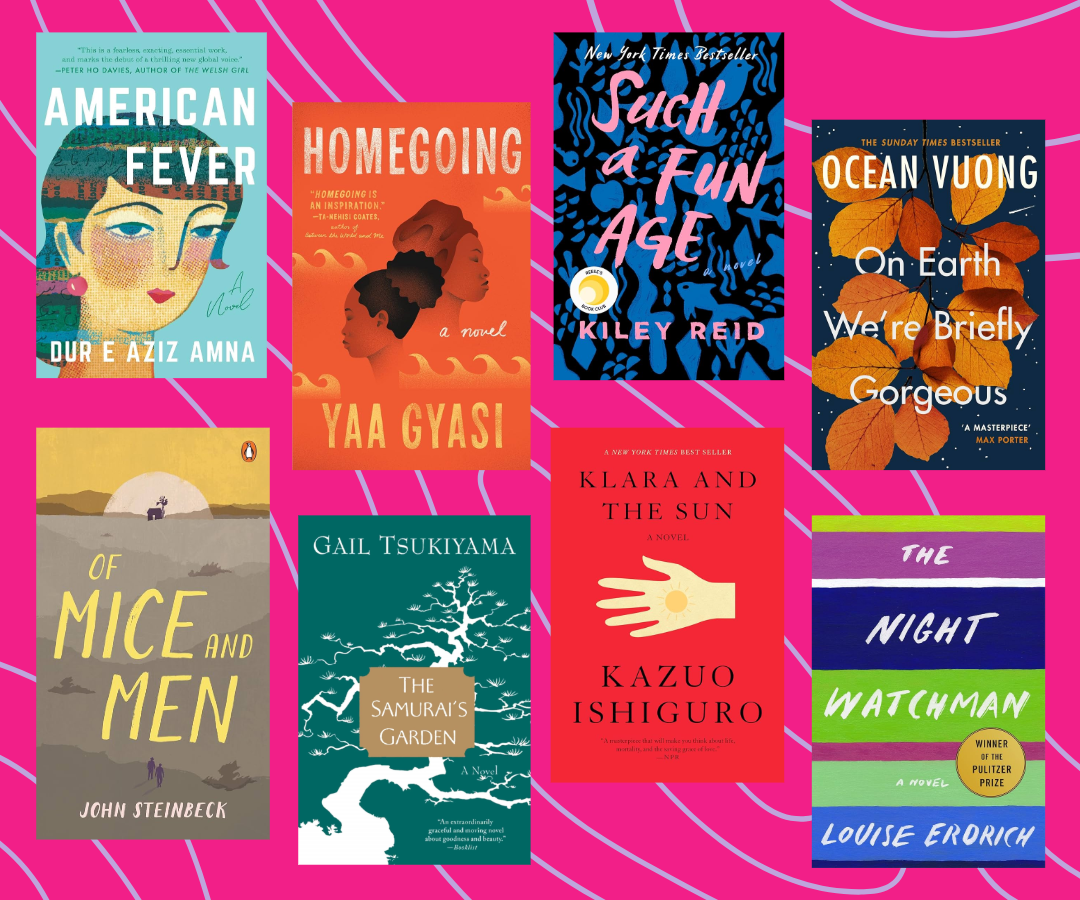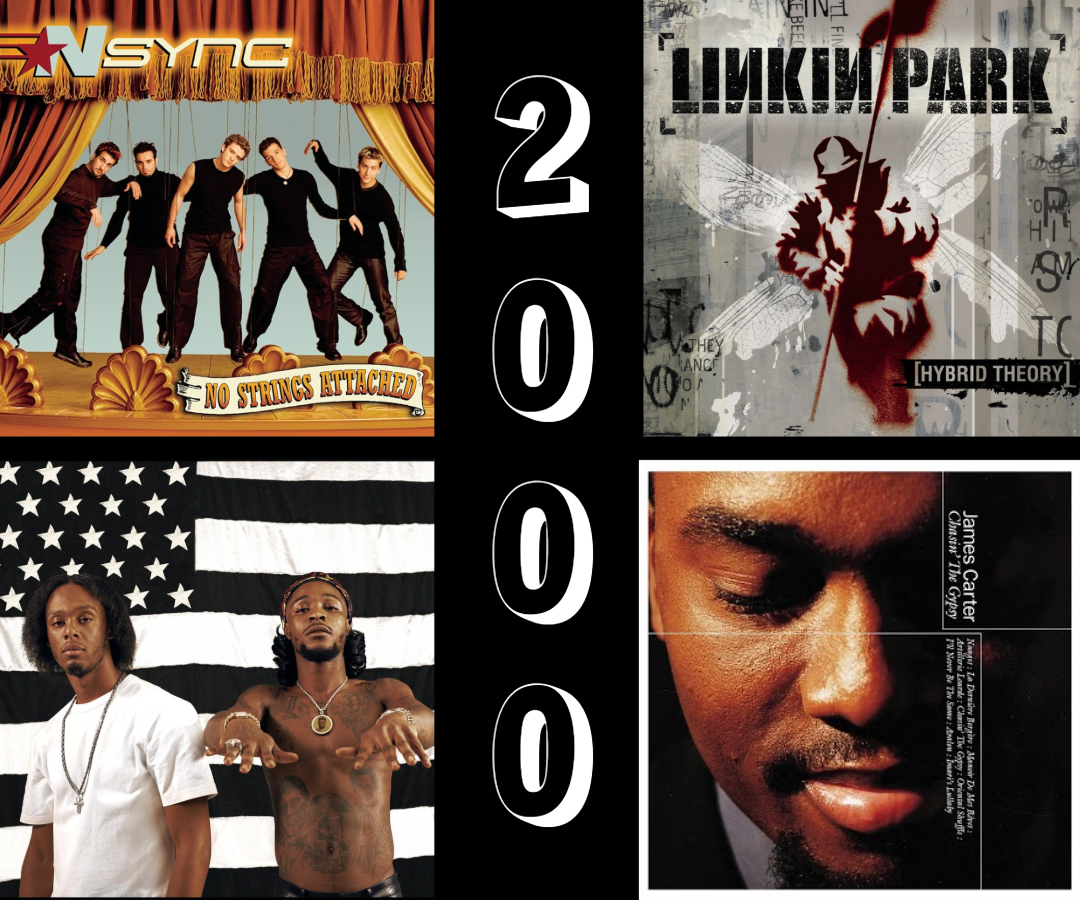Ah, summer. It’s all fun and games until August rolls around and you realize there’s two weeks until school and you have yet to start your required summer book.
On August 6th, Fairview Publications posted a poll asking students about how their summer reading was going. 60% of students said they hadn’t started reading yet. While 40% had started, only 13% had actually finished their book.
“Personally I don’t really enjoy summer reading and don’t understand why we have it,” said Isaac Waymire (11).
Too often students find their free days in the sun shadowed by the annoying homework that is summer reading. It’s commonplace to laugh and joke with your friends “I haven’t even started!”, but that can soon turn to panic as the first day of school creeps closer.
“Summer reading is something that we put a lot of thought into; we choose texts because we believe they will enrich students’ lives. As an ELA teacher, my hope is that the summer reading is not something to check off a checklist but is a meaningful experience that students will get to share with their peers,” said language arts teacher Ash Mattys.
According to Book Riot, the main goal of summer reading is to combat summer learning loss; the concept that students lose between 17% and 34% of what they learn during the past school year.
Most students have subconsciously noticed these effects, for example, when reviewing in math, it is oftentimes difficult to recall last year’s concepts. However, despite this learning loss, summer reading is also a way for students to continue their literary experience and hopefully elevate their reading life.
“I enjoyed summer reading as I was able to find time to re-immerse myself in my love of reading and books I had wanted to read during the school year but I did not have the time to,” said Mia Perry (10).
In addition to supporting student’s love of reading, summer books are a useful jump start into the school year.
“Summer reading is alright, and it gives me kind of a warm up for the school year but I mostly like to focus on summer, so I tend to save summer reading until the end,” said Alec Schlomberg (12).
Even if students start their reading at a reasonable time, they still struggle to finish their book and any additional supplements, like concept maps.
“I think perhaps for those struggling with reading during the summer, a recommended pace guide could be provided for students,” said Perry.
—
Remember the poll results from earlier? Here they are again:
40% of students say they started their book 13% finished their book 60% hadn’t started yet
In a similar poll, teachers thought that an average of 71.7% of students have read their summer book and are ready to go on the first day of school and 28.3% of students don’t do their student reading. Perhaps we’re just good at faking it until we make it.
Unfortunately, faking it isn’t all it’s cracked up to be. You might be able to get away with discussions in class by adding an opinion that you found on SparkNotes, but that soon turns into a multiple choice quiz that can’t be done without having read the book (unless you’re incredibly lucky that is).
To read, or not to read, that is the question. To most students, it becomes a heavy weight as summer bleeds into the school year. We may start off with great intentions, wanting to read our book right away, but I know from experience that it’s much easier said than done. Perhaps we’ll succeed next year.













